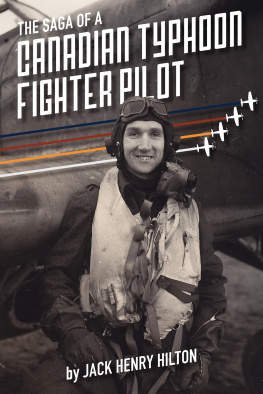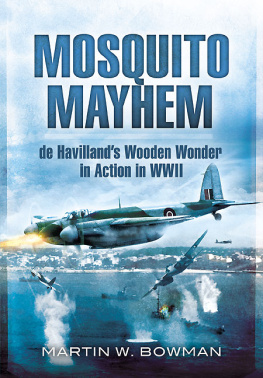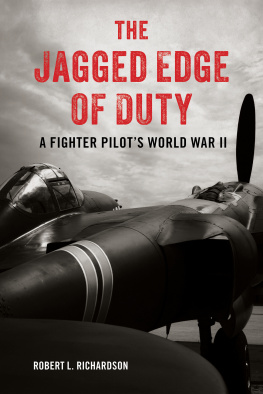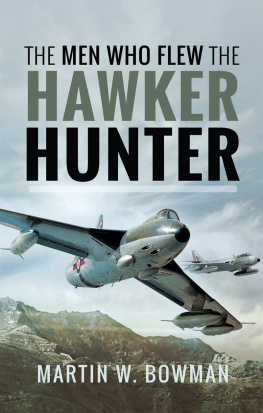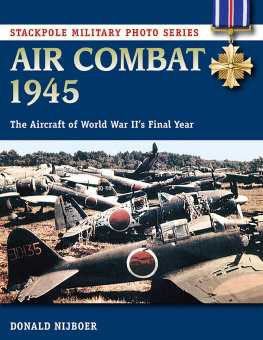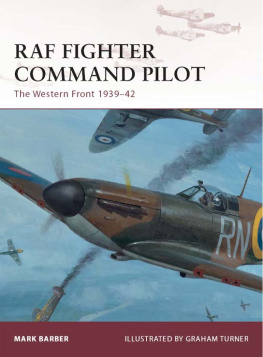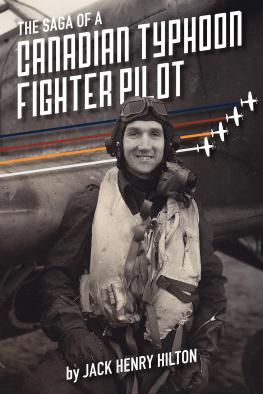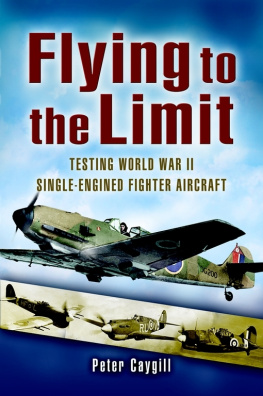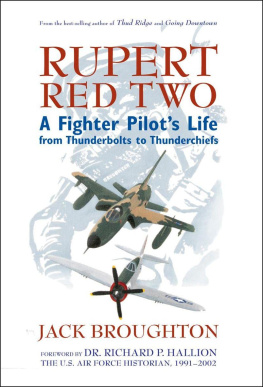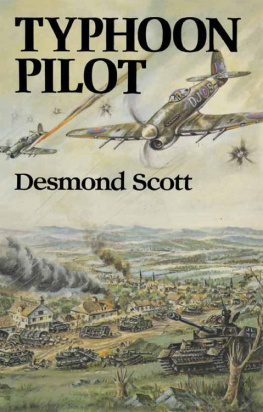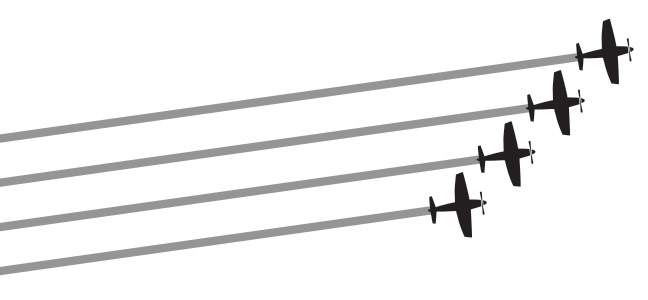Preface
After spending years as a Hawker Typhoon fighter pilot in both the Canadian and British Air Force during World War II, I have learned that our stories have gone untold.
My squadron and fellow pilots primarily flew the Hawker Typhoon, which has not been recognized by historians. The glamorous Hurricane and Spitfire aircraft seem to be the focus of War stories, overshadowing Typhoon pilots.
The Typhoon was, in spite of numerous technical flaws, the finest close-support aircraft of the War, able to range far and wide over Northwest Europe, providing effective ground attack. During August of 1944 near Falaise France, the Typhoons unleashed bombs, rockets and cannon fire debilitating close to 100% of the German fighting force and vehicles.
We got shot at going in, shot at going out, shot at while trying to sleep, we flew an airplane many tried to avoid having to fly, we did the best with what we had, and somewhere down the line the historians need to pay attention to this astounding history of air warfare.
The Typhoon was a very difficult plane to fly, the Germans hated us as we did so much interdiction, interfering with their transportation and ground forces and with this document the recognition for this aircraft will be given.
The pilots from the 438 th , 439 th and 440 th Squadron RCAF serving in Europe and the 193 rd Squadron in the RAF have never received the recognition that they truly deserved.
My hope is that with the telling of my personal story I can shed some light on the amazing men who didnt get the chance to share their stories.
The Early Years
I was born April 1919, in Toronto at my grandparents house on Boulton Avenue. My parents, my older brother Bill and I moved to Scarborough where my father started building our house. We lived in a train box car for two or three months, getting our water from a well next door, which required a fire started on it in the wintertime to get it going. Eventually we moved into our own house, where Bill and I shared a room and slept in single beds. We had a mattress for a front door until we got an actual door. My father worked two weeks on and two weeks off for the School Board in Toronto. He was proud as punch with our new house and I dont blame him. He had a big lot, 200 ft long and 50 ft wide and we were right at the end of it.
I went to Birchcliff public school and eventually to Scarborough Collegiate as it was called at the time, I went through grade 12 graduating in 36 or 37. I played on the school football team and, although poorly equipped, we won the championship. We played the whole 60 minutes and we had a one-armed kicker. I also played the position of catcher with the school baseball team. After high school I was recruited by Eddie Shore, manager of the Springfield Indians hockey team to play goalie. The goalie job did not work out so I went off to work in the gold mine.
While in High School I had occasion to rescue a young child who had slipped down the side of a cliff. I was about 16 when I did this, I never learned the name of the kid and the parents never thanked me. They were wringing their hands and wondering what to do, so I took a wire that was hanging off the cliff, walked down the side of the cliff, picked up the little guy, wrapped him in my jacket, walked him around to the stairs, went up the stairs and brought him home. A newspaper reporter who lived down the street from me wrote up a big article, and the principal of the school hauled me up in front of my fellow students and commended me for being a hero. I was totally embarrassed but it did pay off with the girls, they wanted to dance with me at the parties!
After grade 12 I got a job through a friend up at Red Lake Gold Mine so I went up by train to Sioux Lookout, then took a float plane to Red Lake. I was a gofer, more or less, I distributed kitchen rations, and also guarded dynamite with a 22 rifle.

